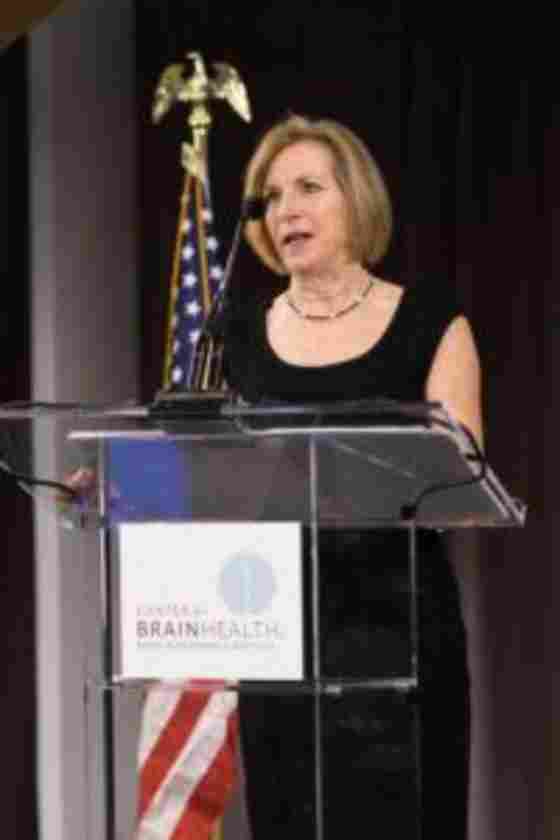Center for BrainHealth is studying whether training can lead to long-lasting changes to the brain.
As I drove to pick up a black raspberry soft-serve, I noticed my mind racing. After months of isolation, I needed a 5-minute brain break — a strategy to slow down my brain that I learned from a new online study called The BrainHealth® Project.During the COVID-19 pandemic, a healthy brain is even more important to cope with disruptions to normal routines. Over the next 10 years, Center for BrainHealth at the University of Texas at Dallas will investigate whether Strategic Memory Advanced Reasoning Tactics, or SMART™ training, helps people be more productive, make better decisions, solve problems more efficiently and be more creative.Until the pandemic, people could try SMART by visiting Center for BrainHealth. Long before the pandemic hit North Texas, the team had already been planning to bring The BrainHealth Project online in order to welcome a larger, more diverse group of participants. And thanks to community-wide donations in response to COVID-19, Center for BrainHealth made SMART available for free to first responders and frontline workers who aren’t participating in the study. These folks can also attend exclusive webinars on building resilience and mindfulness through the end of August. Stacy Vernon, a clinician on The BrainHealth Project, marvels at the timing, “We had this format pre-COVID,” she said, “which is amazing — that we were always going to use Zoom, that we were always going to do assessments online.” The program consists of four modules that participants can complete at their own pace. The first three modules teach participants how to prioritize tasks, how to understand the gist of things and how to innovate. The last module teaches participants how to use these strategies in their everyday lives.BrainHealth Index

Prefrontal cortex
One area of the brain is particularly important for improving brain health, said Dr. Mark D’Esposito, a University of California at Berkeley neurologist associated with the project. The prefrontal cortex “is in this privileged position to sort of influence and modulate the rest of the brain,” he said. The BrainHealth Project might improve how efficiently the prefrontal cortex communicates with other brain areas. Functional magnetic resonance imaging (fMRI) suggests that SMART improves the efficiency of the prefrontal cortex, according to a 2018 study by the Center for BrainHealth. Experts caution that these brain changes might be temporary. “If you just do physical exercise for 12 weeks, and never again, you wouldn’t expect the results to last,” said Dr. William Kremen, an expert on cognition and aging at the University of California, San Diego. But he believes that SMART indeed causes changes in the brain, and The BrainHealth Project will likely examine how to make such changes long-lasting. What may come as a surprise is that multitasking, usually touted as essential to success, might fray these connections. “Think about pressing the accelerator and the brake [of a car] at the same time,” Dr. Chapman said. “That’s what it’s like — your brain cannot do both at the same time. Instead, it has to quickly toggle back and forth, never focusing on what it’s doing.”‘Possibility thinking’




